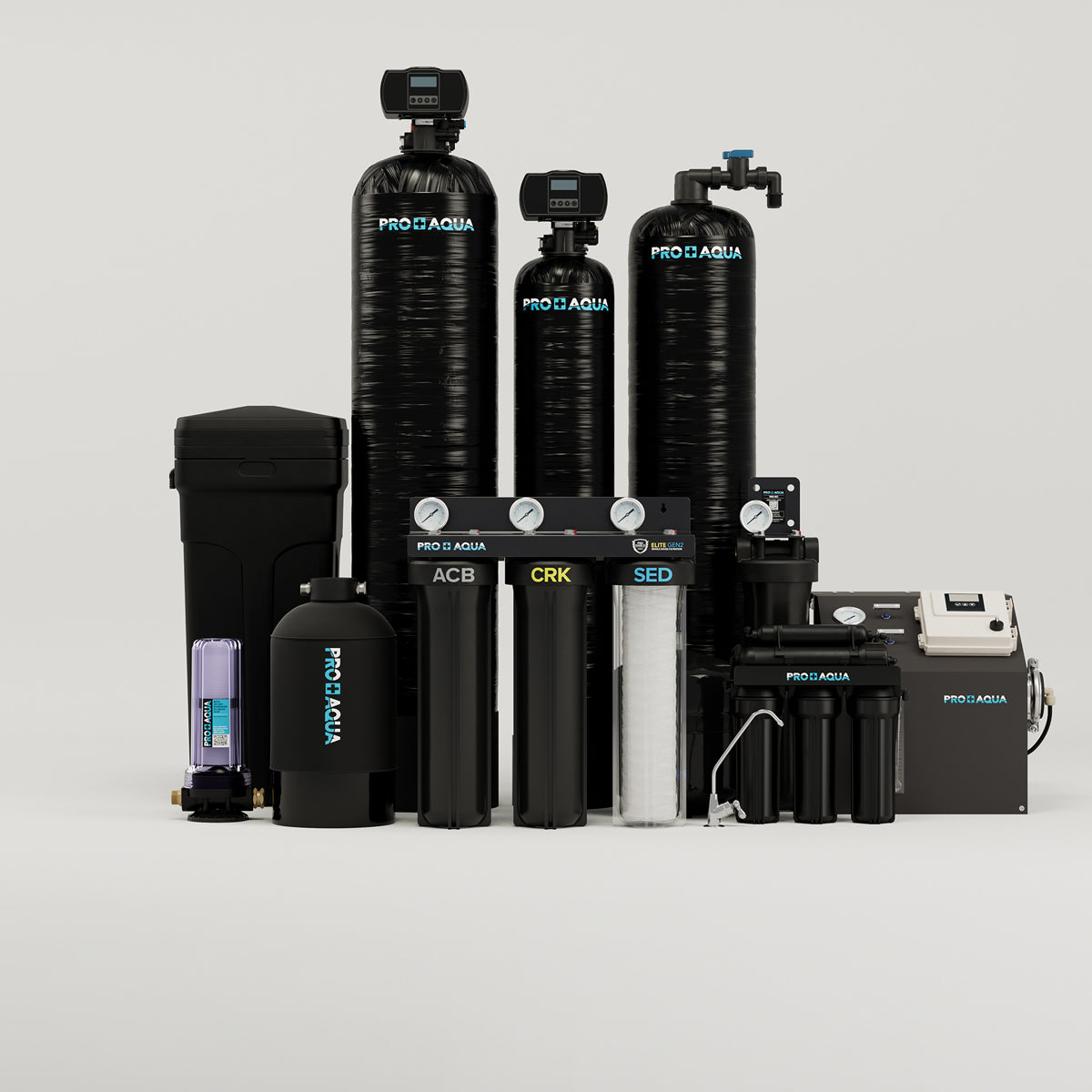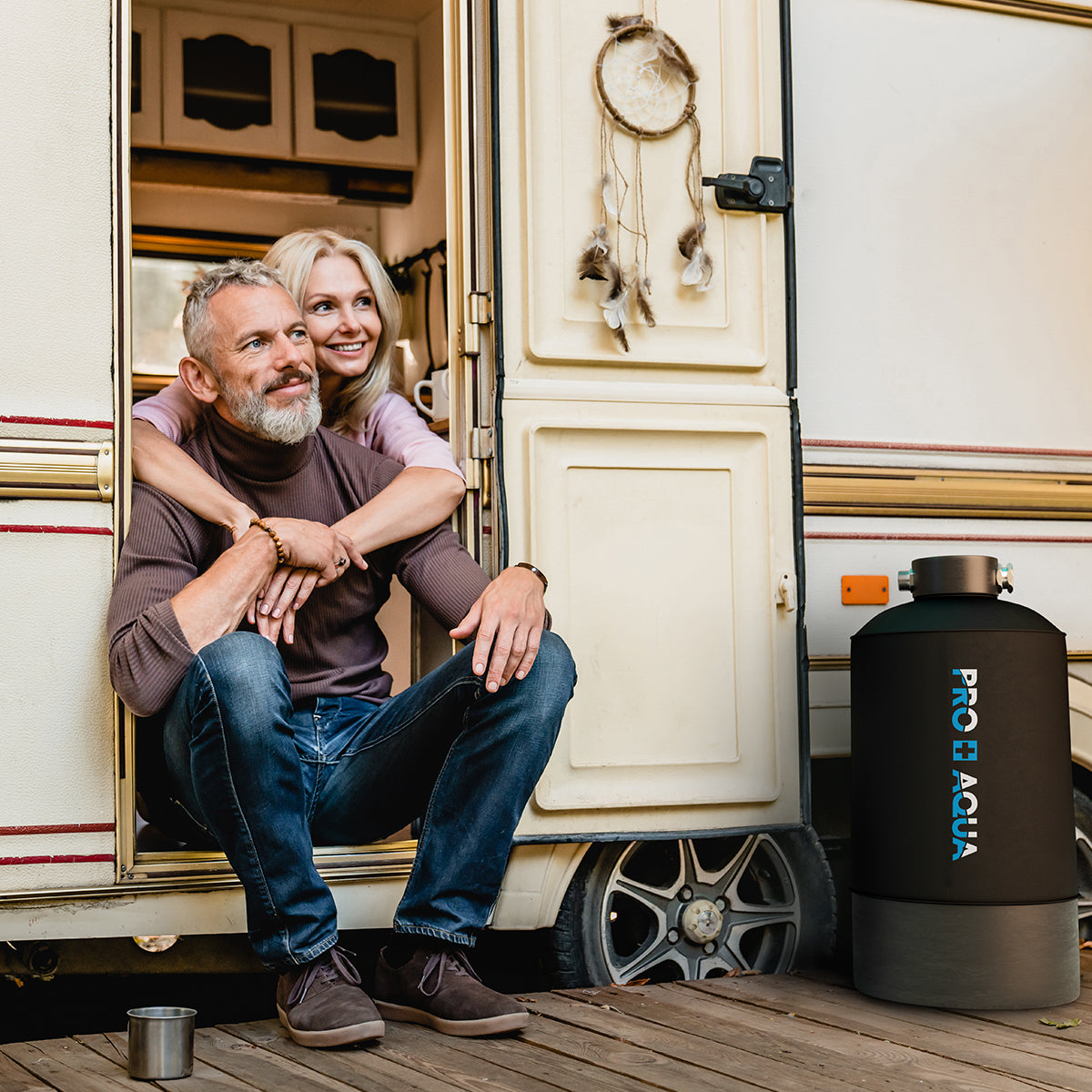In a laboratory setting, water isn’t just a utility—it’s a critical reagent. Whether you’re preparing solutions or running sensitive instruments, water quality directly impacts accuracy, reproducibility, and safety.
That’s why more labs are turning to Deionized (DI) Water Systems. These systems remove virtually all dissolved solids, ions, and contaminants from tap water—delivering ultra-pure water for scientific and industrial use.
In this article, we’ll explore:
- Why DI water is essential in labs
- The key benefits of using a dedicated DI system
- How to choose the right setup
- And why the RinseMaster X is a powerful, cost-effective choice for laboratory applications
What Is DI Water?
Deionized water is produced by passing water through ion exchange resin, which removes cations (like calcium, sodium, magnesium) and anions (like chloride, sulfate, nitrate). The result is extremely low-conductivity water (close to 0 µS/cm) with nearly zero Total Dissolved Solids (TDS).
This water is ideal for labs because:
- It won’t interfere with chemical reactions
- It leaves no mineral residue on glassware or equipment
- It reduces the risk of contamination in sensitive experiments
Why DI Water Is Critical in Lab Environments
Using untreated tap water in a lab can compromise:
- Chemical assays and test results due to ion contamination
- Cell cultures and biological processes affected by trace metals
- Instrument longevity — particularly for HPLC, GC-MS, and autoclaves
- Glassware cleanliness, especially when air-dried after rinsing
Even minor impurities can lead to false positives, degraded reagents, or equipment buildup over time. In short, your experiments are only as reliable as the water you use.
What to Look for in a Lab DI Water System
When selecting a DI system for laboratory use, prioritize:
|
Feature |
Why It Matters |
|
High-purity output |
Needs to meet water specifications |
|
Large capacity |
Supports ongoing daily use without frequent media changes |
|
Low-maintenance |
Easy to install, operate, and service |
|
Bypass valve |
Switch between tap and DI water to preserve resin life |
|
Flexible plumbing |
Works with hose connections or fixed pipe installs |
Best Pick for Labs: RinseMaster X
For labs that require reliable, high-volume, and cost-effective deionized water, the RinseMaster X delivers unmatched performance in its class.
Why It Works for Lab Settings:
- 10,300-gallon capacity (@50 ppm TDS) — long service life with minimal downtime
- Commercial-grade dual resin — removes both cations and anions for ultra-pure water
- ¾” NPT ports + hose adapters — supports both permanent installs and mobile carts
- Integrated bypass valve — extend media life by switching between tap and DI output
- Plug-and-play design — ready to go in minutes, no special tools needed
- Compact but rugged — fits into tight lab utility areas or technician carts
The RinseMaster X supports consistent, mineral-free results.
Installation Options for Labs
The RinseMaster X can be used:
- At a dedicated rinsing station
- With benchtop polishing systems as a pre-treatment
- As a mobile system for rotating between departments
- Connected to a faucet or plumbed inline with building water supply
It includes both hose-thread and NPT ports, allowing for temporary or semi-permanent setups depending on your space.
If you’re looking for a mobile system for rotating between departments, check out the RinseMaster Pro.
Cost Efficiency vs. Cartridge Systems
While cartridge-based lab systems offer ultra-pure Type I water, they’re not ideal for bulk usage like rinsing glassware, autoclaves, or making buffer solutions.
The RinseMaster X fills this gap:
- Handles large water volumes at a lower cost per gallon
- Protects polishing cartridges from premature saturation
- Ideal as a pre-treatment stage before Type I systems
This makes it the smart choice for universities, biotech firms, pharmaceutical production labs, and research centers.
Is a DI Water System Right for Your Lab?
If your lab activities include:
- Rinsing sensitive glassware
- Preparing reagents or buffers
- Operating autoclaves, water baths, or humidifiers
- Conducting general chemistry or biology experiments
- Running equipment prone to mineral scaling
Then yes—a DI water system isn’t just helpful, it’s essential.
Final Thoughts
Don’t let invisible impurities compromise your work. A reliable DI water system helps your lab stay clean, consistent, and compliant. With the RinseMaster X, you get the high-purity output your science demands—without overcomplicating your setup or blowing your budget.
Ready to make the switch to spotless, lab-grade water? Explore the RinseMaster Series today.









Leave a comment
This site is protected by hCaptcha and the hCaptcha Privacy Policy and Terms of Service apply.